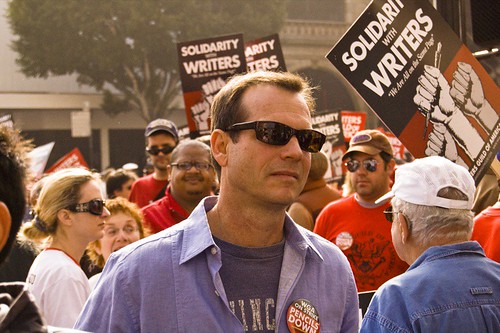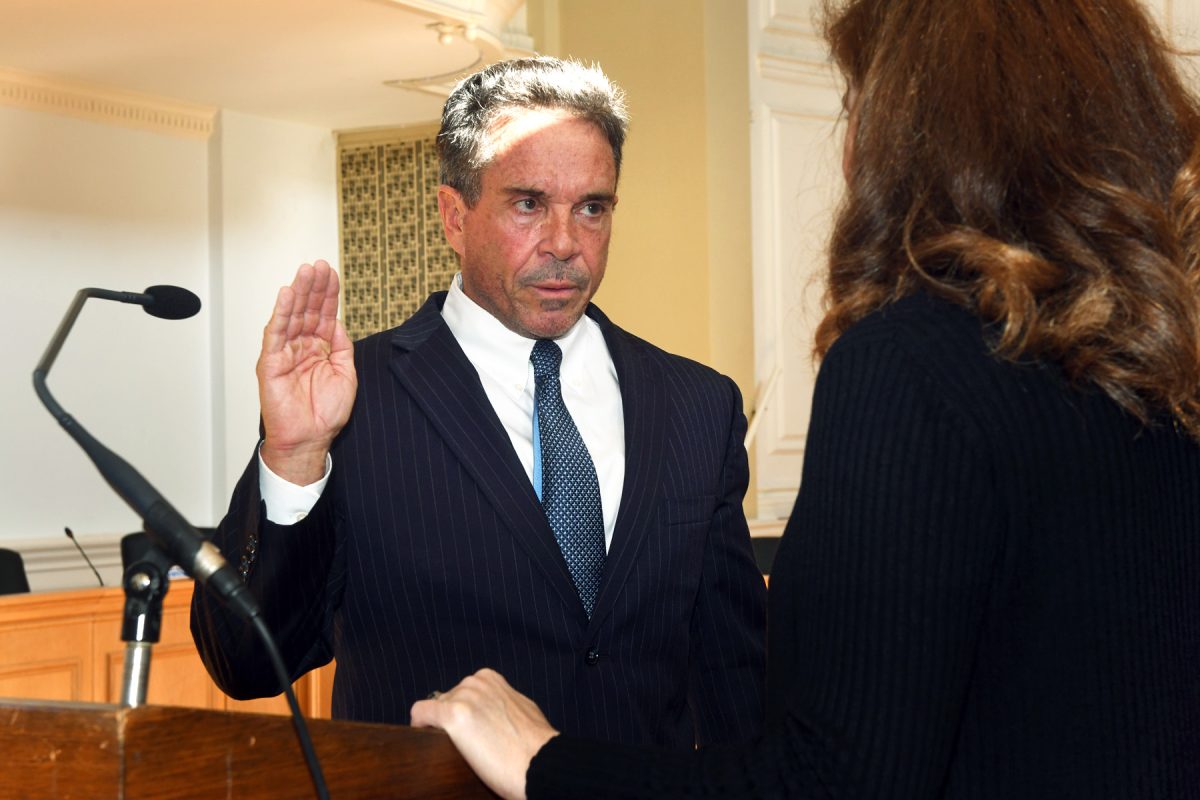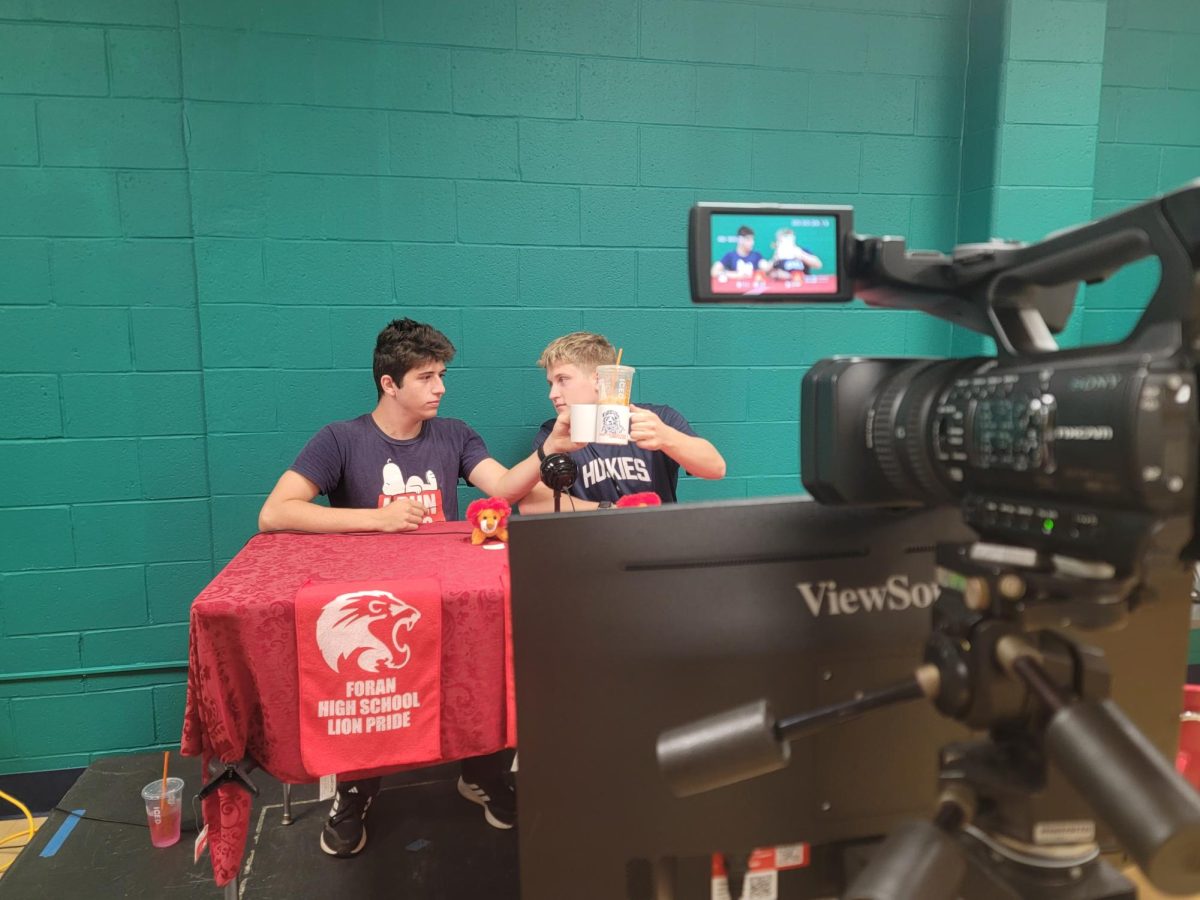
Summer of 2023 was the “most anticipating summer” in terms of movies, according to Vanity Fair, with massive blockbusters like Barbie, Guardians of the Galaxy Vol. 3, and The Super Mario Bros. But as audiences were enjoying interesting plot twists and funny characters, there was some trouble brewing behind the scenes in the writer’s room.
This July, a nationwide writers strike was set in place due to unmet contract expectations that highlighted the endured abuse of actors and writers.
Every three years, the SAG writes a new contract for their employers, this is called the “Minimum Basic Agreement” (MBA). But this time, according to SAG-AFTRA’s (Screen Actors Guild – American Federation of Television and Radio Artists) website, their updated contract asked for an increase in wages up to 11%, protection of their images and videos being used to produce AI-generated scenes, fair compensation, healthcare benefits, and more.
SAG-AFTRA is working together with WGA (Writer’s Guild of America), who went on strike this past May after their needs were not met as well.
This strike is fighting against the AMPTP, (Alliance of Motion Picture and Television Producers) the leading organization which represents big names such as Netflix, Disney, Amazon, and the Warner Bros.
While this is not the first time WGA has gone on strike, it is historically the longest and biggest, with a record-breaking 97.85% participation rate in approval, according to their website.
This strike has surpassed the 1981 WGA strike, which took 96 days before demands were met. According to the Executive Director of WGA, Duncan Crabtree-Ireland, in a recent interview, the protest is expected to last until “the early months of 2024.”
As the writer’s strike continues, new movies and TV shows have been delayed or canceled. Movies like Dune: Part Two and Avengers: The Kang Dynasty have been pushed back years, with some movies getting delayed until 2031.
This strike could have a different effect on the film industry as well. Looking at other past strikes, many have caused a major loss in revenue. As stated by Milken Institute research, they found that Hollywood lost an estimated two billion dollars during the 2008 strike. This strike had similar demands, but it ended successfully. The writers got jurisdiction over all types of media, and this set a precedent for today’s strike.
While neither the SAG-AFTRA or the WGA is asking for a consumer boycott just yet, the two groups are asking for support through “posting on social media. Boost our message, say you stand with us.”








